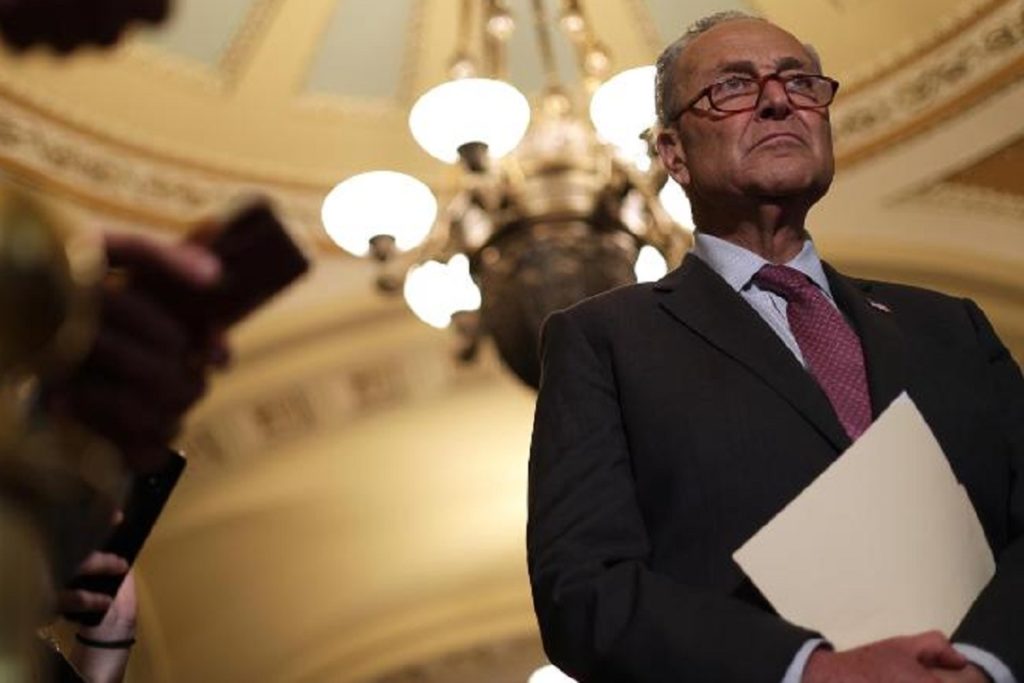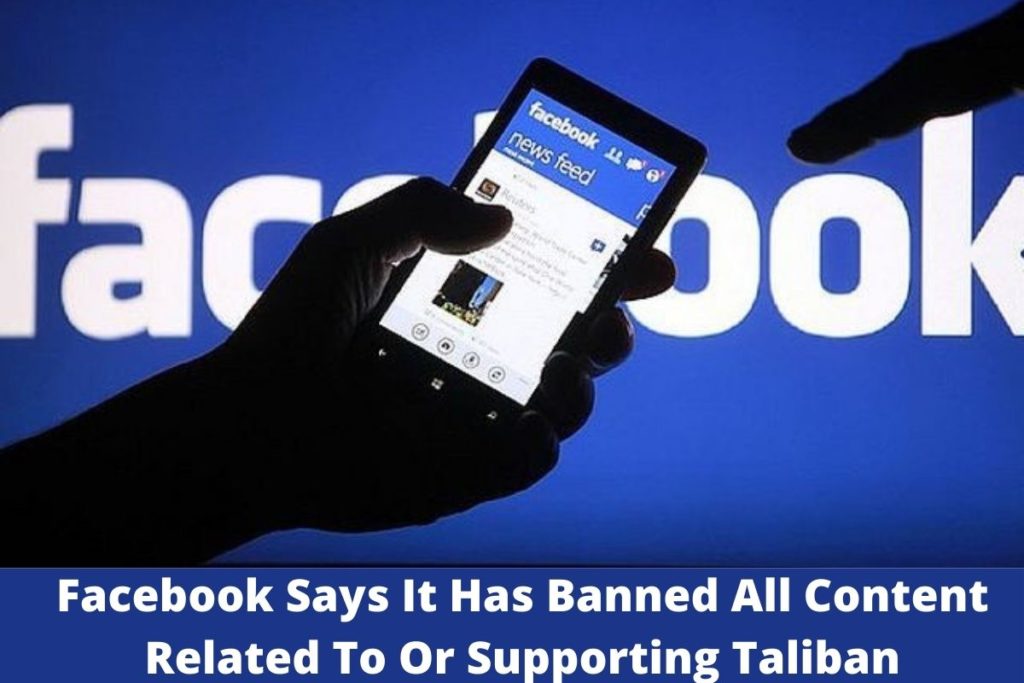When Brian Kemp initially campaigned for governor of Georgia in 2018, there was no debate about his conservative credentials.
He also aired a campaign commercial dubbed “So Conservative,” which portrayed him chopping up laws with a chainsaw. And, perhaps famously, in the cab of his pickup truck, he pledged to “round up criminal illegals and take ’em home personally.”
Kemp also campaigned with the unabashed backing of then-President Trump.
“As someone who has always been a Republican, if the 2022 election is about the 2020 election, then Republicans in Georgia will face a lot of problems. You can write this down.”
At a Georgia rally in September, Trump dubbed Kemp “a complete and terrible catastrophe” and claimed Democrat Stacey Abrams, who has also launched her bid for 2022, may make a better governor than Kemp.
So how did an incumbent, conservative Trump backer wind up fighting off a challenge from inside his own party?
The response could indicate a lot about what’s to come during the 2022 elections.
“This is the dividing line”
Listen to Trump’s rally address in Perry, Georgia, this autumn, and there’s one criticism the former president raises again and over again about Kemp.
“He’s been a complete and absolute catastrophe on election integrity,” Trump added.
Trump’s relationship with Kemp had already begun to fracture in 2020, says Brian Robinson, a GOP consultant in Georgia.
But the governor’s greatest split with Trump occurred in the weeks following the November election, when Trump pressed public officials in areas where vote counts were close to rejecting the results, citing spurious accusations of rampant election fraud.
While Kemp didn’t dispel those assertions totally, in November, he eventually refused to do what the president desired.
“It will be the major issue in the primary,” Robinson adds. “This is the dividing line.”
Perdue, though, has gone all-in on Trump’s warnings about election integrity in 2020.
This Thursday, he declared he would not have validated Georgia’s election results had he been governor last year. And on Friday, he joined a lawsuit disputing the results of the 2020 election in Georgia, claiming disproved accusations of voting fraud.
“David Perdue informed us that this is what this is about,” Robinson claims. “That is, the hub around which this campaign revolves.”
A primary campaign for 2022, sparked by opposing narratives about 2020.
“This is obviously a problem that extends well beyond Georgia. It’s something we’re going to see throughout the nation,” Robinson adds.
Trust in elections
“It becomes not about whether they’re conservative since they are conservative Republicans, it becomes whether or not you are ‘with the past president,’ ” says Tammy Greer, a professor of political science at Clark Atlanta University.
She thinks although a contentious Republican primary benefits Democrats, the increased attention on 2020 might confuse the waters for voters come November. Whether Kemp makes it to the general election, she wonders if some people could regard him just as the man who maintained the election results rather than someone who’s pushed through a very conservative legislative agenda.
“The current governor obeying the law may be perceived as a moderate, rational Republican because of this one issue, rather than the sum of what’s transpired while he’s in office,” she argues.
One thing’s apparent, however. False accusations regarding election integrity aren’t only lingering. They are fueling arguments over the Republican party’s identity and energizing the 2022 elections.
As someone who is Republican, if the election in 2022 is a referendum of 2020, the Republican Party in Georgia will be hurt. Write this down.
Robinson, the GOP strategist, says he believes most people have already made up their minds about Trump’s election fraud charges, and politicians like Perdue are capitalizing on what voters already believe.
That disturbs misinformation specialists like Nina Jankowicz, a global fellow at the Wilson Center and author of How to Lose the Information War. She thinks political candidates sewing lies about election fraud into their campaigns would likely become a hallmark in American politics – and the ramifications of that might be long-lasting.
“This is about the long-term health of our democratic system, and I fear that in 2070, we’re still going to be worried about 2020. People will wonder whether the people counting their votes can be trusted.”
Follow us on Twitter
Also, Read Lehigh Valley Agencies Awarded $564K in Crime-Fighting Grants





